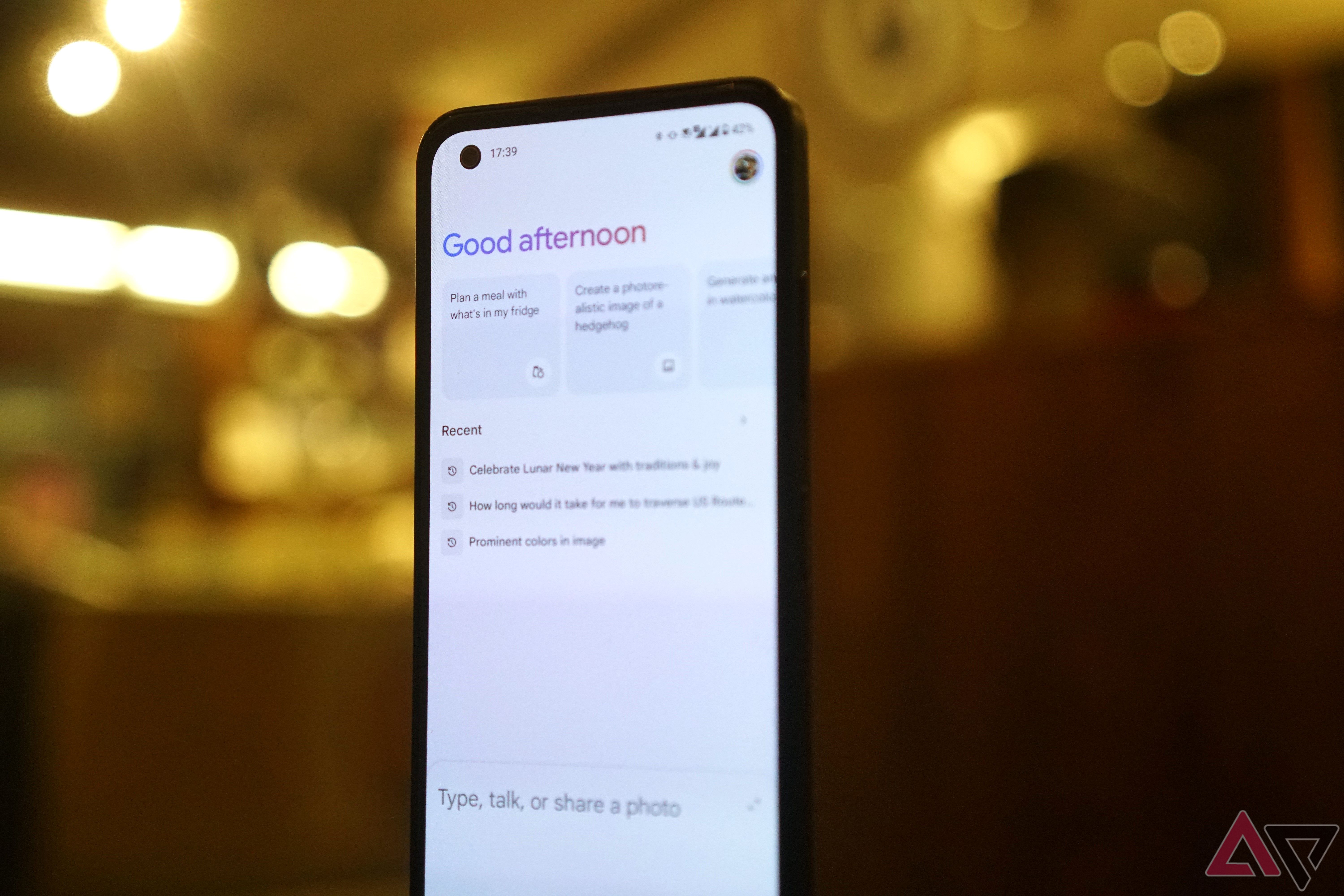Summary
- Google is leveraging AI to revolutionize advertising, directing marketers to its tools for imagining and even creating ads.
- The company revealed that it recently created thousands of unique Pixel 8 ads running on YouTube using Demand Gen.
- Google’s AI-powered Best Phones Forever campaign sets the stage for a future of hyper-personalized marketing.
Love it or hate it, nothing changes the fact that AI is disrupting the Internet as we know it. If OpenAI is the poster child of this movement, Google is the billboard painted on the side of the bus – its Gemini AI Tools are hard to miss these days, but they’re not as quick to inspire hope. Much of this perception can be explained by Google’s priorities regarding its AI efforts, as the company seeks to quickly monetize these tools and integrate them into its broad product portfolio. Today, Google is highlighting two initiatives that will only further strengthen public opinion.

Related
Apple Intelligence is what Google Gemini should have been all along
As usual, Apple is not the first, but its AI platform promises to be the best
In an article today Highlighting a speech by Google Vice President Vidhya Srinivasan at the Cannes Lions Festival, the company revealed how it sees huge potential for generative AI in its advertising division. “First, you can use AI to generate insights about your audience,” Google told potential advertising partners. “Then you can shorten and expand creative output to bring ideas to life faster.”
Although surfacing information such as customer interests from huge databases has long been a strength of AI, using the technology to create real advertisements remains a relatively new concept. To this end, Google highlighted the potential of Veoits new video generation model, when used to create advertisements.
In a recent Pixel 8 campaign, Google Marketing used Demand Gen to generate 4,500 different ad variations that served across YouTube, Discover, and Gmail.
As part of a broader initiative introduced last year called Demand Gen, advertisers who purchase space on Google’s network can access a suite of AI tools to conceptualize and create ads for Gmail, Google Discover and YouTube. As we reported in April, Google has now extended this program to YouTube advertisers. In today’s post, the company revealed that it is using its own tools to advertise the Pixel 8 series, generating a huge 4,500 unique ads which has been broadcast on YouTube in recent months.
Google uses AI in even more advanced ways for its Best Phones Forever campaign
Most smartphone marketing campaigns that attempt to position a product in relation to the iPhone end up met with resistance from a large portion of its target audience. But Google seems to have struck the right balance with its Best Phones Forever campaign, which features Apple’s flagship product like the Pixel. clueless best friend in a series of joyful encounters. While the voices are likely machine-generated and the videos are certainly CGI, this series hasn’t been particularly AI-focused, but that’s going to change soon.
In a post from the beginning of the weekGoogle announced “Best Phones Forever: AI Roadtrip”, the latest installment in this series which has a twist: Instagram Reels viewers could comment with a suggested location for the smartphone road trip, and Google’s AI would create a tailor-made one. video response to this comment “in minutes”.
The campaign lasted only 16 hours and is now finished, but Google’s primary intention was not to sell phones. Rather, he hoped the stunt would inspire other advertisers to explore their own “creative applications of these technologies.” In Google’s implementation, it used Gemini 1.5 Pro to generate scripts based on the commented location, Picture to create background images and Cloud Text-To-Speech to manage the dialog. The rest was done by real humans using Unreal Engine, but tools like OpenAI’s Sora and the aforementioned Google Veo are poised to eliminate this step soon enough.
With these developments, Google’s vision for the future of advertising becomes clear: targeted marketing based on user data will only become more targeted, and generative AI will be at the heart of it all.


